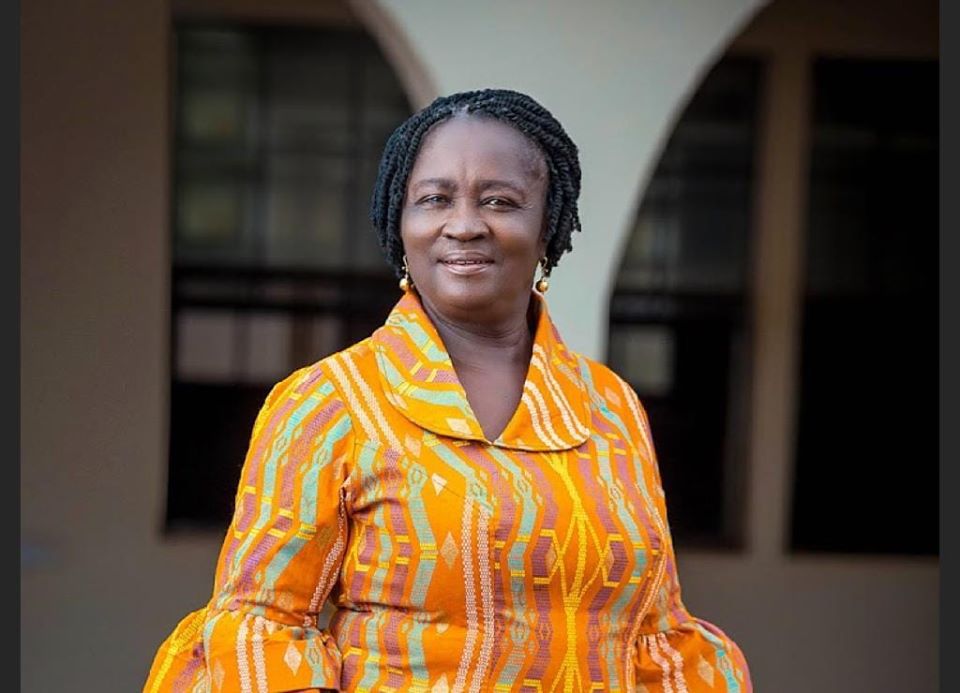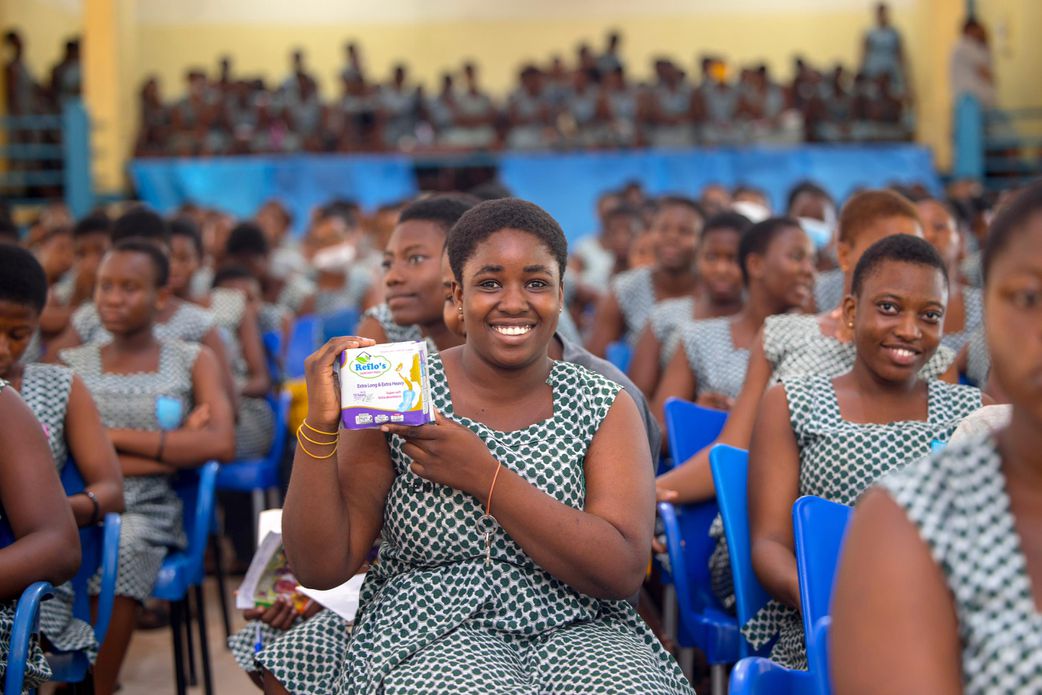“They didn’t understand” – Pres. Mahama jabs NPP MPs as he fulfils another promise

President John Dramani Mahama has taken a subtle swipe at Members of Parliament from the opposition New Patriotic Party (NPP), criticising their past stance on a now-fulfilled policy.
According to him, NPP MPs wrongly criticised his administration’s 2014 initiative to provide sanitary pads to schoolgirls, simply because they did not fully understand the policy’s intent and importance.
Speaking at the launch of the National Sanitary Pad Distribution Programme in Accra on Thursday, 24 April, President Mahama recounted how the policy came into being during his previous administration.

Pep Guardiola is reportedly trying to win back his wife Cristina Serra after their split, which was triggered by him secretly renewing his Manchester City contract. Insider reveals secret agreement…
Ghana stars Mohammed Kudus and Antoine Semenyo are being linked with big-money moves to Saudi Arabia, where they could team up with Cristiano Ronaldo. Details of potential move…
He stated:
ALSO READ: A/R: Taxi driver arrested for alleged murder of 23-year-old lover at Abuakwa
My Education Minister at the time was Jane Naana Opoku-Agyemang, who is now my Vice-President. As Minister, she led negotiations with the World Bank on an agreement called the Secondary Education Improvement Programme, or SEIP.
SEIP had various components, but I distinctly remember one of the key aspects being scholarships for brilliant but needy girls, and support for girls in maths, education, and technology. A component of that loan was dedicated to a pilot programme to supply sanitary pads to girls in school.

President Mahama further shared that the policy revealed to him the unique challenges many schoolgirls face during menstruation.

I recall that when we first attempted to pass it, the idea sounded unusual to many. Those who were in Parliament at the time might remember the opposition mockingly referred to it as the ‘pad loan’.
ALSO READ:¬Ý89.74kg of suspected cocaine intercepted by NACOC; 4 arrested (Video)
A great deal of mockery followed the idea that a government would secure a loan to provide sanitary pads to girls—because, at the time, the challenge was not widely understood, even by Members of Parliament.
He concluded by reaffirming his administration’s commitment to improving female education in Ghana and addressing the barriers that continue to affect girls’ academic progression.







